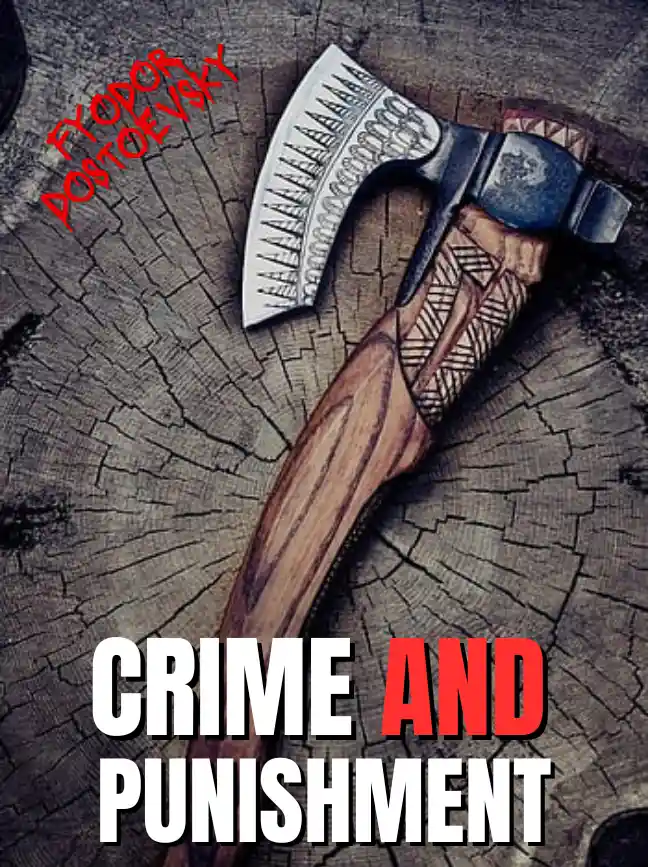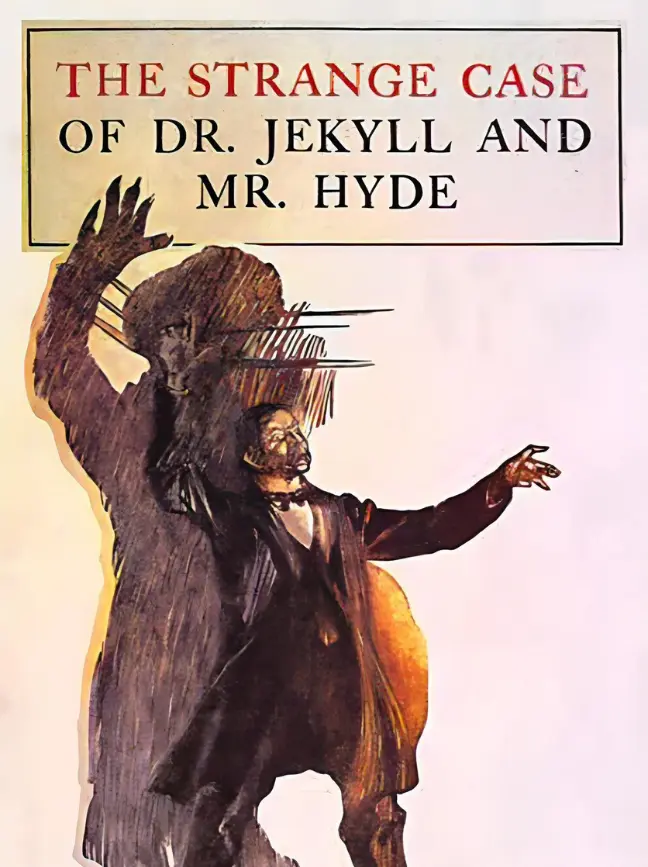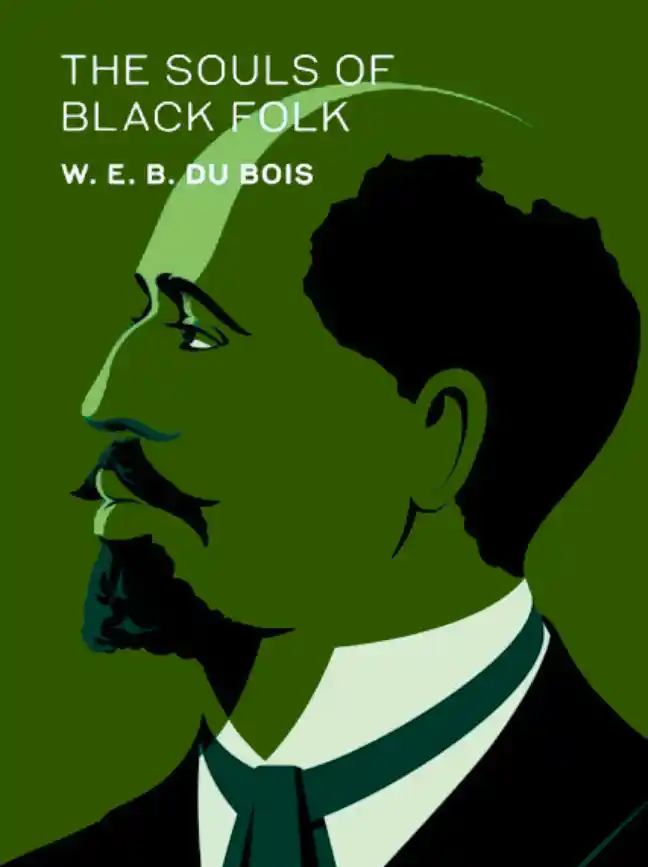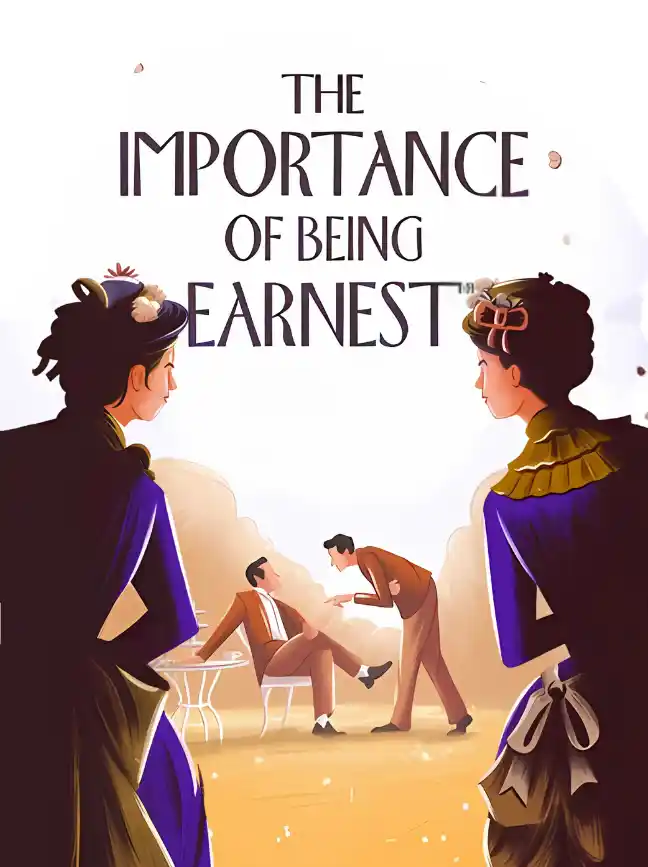He is under siege in his own home.
T
HE VOICE IS YOUNG AND SULLEN. IT WORMS ITS WAY UNDER MY
pillow and into my ears, nudging me awake in the dead middle of the day.
“This used to be my room,” it says.
The floor is hard underneath me. My brain is blurry and my ears are made of cotton and I don’t know where I am, why, who would commit this ignominy upon my person: wake me up when the sun is bright in the sky and I am sapped of all strength.
“Can I hide in here? She’s grumpy today.”
I gather six months’ worth of energy and unearth myself from under the blankets, but run out of steam when it comes to lifting my eyelids.
No, we Vampyres don’t pulverize in the sun like glitter bombs. Sunlight burns us and it hurts, but it won’t kill us unless the exposure is unfiltered and prolonged. However, we are pretty useless in the middle of the day, even inside. Lethargic and weak and crawly and headachy, especially during late spring and summer, when the rays hit at that pesky steep angle. “This crepuscularity of yours is really cramping my brunch lifestyle,” Serena used to say. “Also, the fact that you don’t eat.”
“Is it true that you don’t have a soul?”
It’s goddamn noon. And there is a child here, asking me: “Because you used to be dead?”
I crane my eyes to a semi-open slit and find her right here, in the closet where I made my bed early this morning. Her heartbeat hops happily around, like a pent-up fawn. She’s round faced. Curly haired. American Girl dolled.
Very annoying.
“Who are you?” I ask.
“And then you were forced to drink someone’s blood?”
She is, I would estimate, anywhere between three and a young thirteen. I have no way of narrowing this down any further: with this one, my staggering indifference toward children meets my twenty-five-year-old determination to avoid anything Were. And on top of everything, her eyes are a pale, dangerous, familiar green.
I don’t like this. “How did you get in here?”
She points at the open closet door like I’m a little daft. “And then you came back to life, but without your soul?”
I squint at her in the near darkness, grateful that she hasn’t pulled the curtains. “Is it true that you were bitten by a rabid dog and are now a furry who froths at the mouth during the full moon?” I’m trying to be a bitch, but she lets out a peal of laughter that has me feeling like a stand-up comedian.
“No, silly.”
“Well, then. You have your answer. While I still don’t know how you got in here.” She points at the door again, and I make a mental note to never have children. “I locked that.” I’m sure I did. I’m positive that I did not spend my first night among the Weres without locking my damn door. I figured that even with their super strength, if one of them decided to wolf me down, a locked door would keep them out. Because Weres would build Were-proof doors, right?
“I have a spare key,” Were-child says. Oh.
“This used to be my room. So if I had nightmares, I got to go to Lowe. Through there.” She points at another door. Whose doorknob I didn’t try last night. I suspected who the adjoining room would belong to, and I didn’t
feel like processing that kind of trauma at five a.m. “He says that I can still go, but now I’m across the hallway.”
A tinge of guilt penetrates my exhaustion: I’ve evicted a three- (thirteen?)-year-old from her room and am forcing her to cross an entire hallway in the grip of horrific, recurring nightmares to reach her . . .
Oh, crap. “Please tell me Moreland’s not your father.” She doesn’t reply. “Do you ever get nightmares?”
“Vampyres don’t dream.” I mean, I can deal with separating true lovers or whatnot, but an entire family? A child from her . . . Oh, shit. “Where is your mother?”
“I’m not sure.”
“Does she live here?” “Not anymore.”
F**k. “Where did she go?”
She shrugs. “Lowe said that it’s impossible to tell.” I rub my eyes. “Is Moreland—is Lowe your dad?”
“Ana’s father is dead.” The voice comes from outside the closet, and we both turn.
Standing in the light seeping in from the hallway is a red-haired woman. She’s pretty, strong, fit in a way that suggests that she could run a half- marathon with no notice. She stares at me with a mix of worry and hostility, like my kink is burning crickets with kerosene.
“Many Were children are orphaned, most of them at the hands of Vampyres like you. Best not ask them about the whereabouts of their parents. Come here, Ana.”
Ana runs to her, but not before whispering at me, “I like your pointy ears,” entirely too loud.
I’m too bone-tired to deal with any of this at midday. “I had no idea. I’m sorry, Ana.”
Ana seems unperturbed. “It’s okay. Juno’s just grouchy. Can I come over to play with you when—”
“Ana, go downstairs and get a snack. I’ll be there in a minute.”
Ana sighs, and rolls her eyes, and pouts like she was asked to file a tax return, but eventually she does leave, sneaking me an impish smile. My sleep-addled brain briefly considers returning it, then recalls that I let my fangs regrow.
“She’s Lowe’s sister,” Juno informs me protectively. “Please, stay away from her.”
“You might want to take this up with her, since she still has a spare key to her old room.”
“Stay away,” she repeats. Less worried, more threatening.
“Right. Sure.” I can live without hanging out with someone whose skull hasn’t even properly closed yet. Though Ana is technically my BFF in Were territory. Slim pickings over here. “Juno, right? I’m Misery.”
“I know.”
I figured. “Are you one of Lowe’s seconds?”
She tenses, crossing her arms to her chest. Her eyes are hooded. “You shouldn’t.”
“Shouldn’t?”
“Ask questions about the pack. Or strike up conversation with us. Or walk around unsupervised.”
“That’s a lot of rules.” To give to an adult. For one year.
“Rules will keep you safe.” Her chin lifts. “And keep others safe from you.”
“That’s a very honorable sentiment. But it might reassure you to know that I lived among the Humans for nearly two decades, and murdered . . .” I pretend to check a note on my palm. “A whole zero. Wow.”
“It will be different here.” Her eyes move from mine and trace the contours of the room, still a mess of moving boxes and piles of clothes. Her gaze hiccups on the bare mattress, now stripped of the sheets and blankets that I dragged inside the closet, then stops on the only thing I put up on the wall: a Polaroid of me and Serena looking away from the camera during that sunset lake tour we did two years ago. Some guy took it without asking, while we were dangling our feet in the water. Then he showed it to
us and said he’d only return it if one of us gave him our number. We did the only logical thing: caught him in a headlock and forcibly took the photo.
All that self-defense we learned, as it turns out, works for offense, too. “I know what you’re trying to do,” Juno says, and for a moment I’m
afraid that she read my mind. That she knows I’m here to search for Serena. But she continues, “You can try to paint yourself as a pawn, say that you only agreed to this in the name of peace, but . . . I don’t believe it. And I don’t like you.”
No shit. “And I don’t know you enough to make a judgment. Your jeans are cool, though.” Riveting conversation, but I’m about to pass out. Thankfully, with one last withering look, Juno leaves.
The corner of my eye catches a hint of movement. I turn, half expecting Ana to make a comeback, but it’s just Serena’s goddamned fucking cat, stretching his way out from under the bed.
“Now you show up.” He hisses at me.
DURING OUR FIFTEEN–YEAR FRIENDSHIP, I AMASSED HALF A MILLION SMALL,
big, and midsize reasons to love Serena Paris with the intensity of the brightest stars. Then, a few weeks ago, one came to obliterate all of them, driving me to loathe her with the strength of a thousand full moons.
Her damn fucking cat.
As a rule, Vampyres don’t do pets. Or pets don’t do Vampyres? I’m not sure who started it. Maybe they think we smell yucky because we’re obligate hemovores. Maybe we rejected them because they get along so well with Weres and Humans. Either way, when I began living among the Humans, the concept of a domestic animal felt supremely foreign to me.
My first caregiver had a little dog that she sometimes carried around in her purse, and honestly, I’d have been less shocked if she’d combed her hair with a toilet brush. I eyed him suspiciously for a few days. Showed him my
fangs when he showed his. Finally, I found the courage to ask the caregiver when she was going to eat him.
She quit that night.
Animals and I went on to do absolutely great ever since, giving each other wide berths on sidewalks and exchanging the occasional dirty look. It was pure bliss—until Serena’s damn fucking cat came into the picture. I tried my best to dissuade her from adopting it. She tried her best to pretend she didn’t hear me. Then, about three days after taking home thirteen pounds of asshole from the shelter, she vanished into the ether.
Poof.
Growing up collecting attempted murders like milk teeth tempered me and taught me to be calm under pressure. And yet I still remember it, that first churning twist in my stomach when Serena didn’t turn up to my place for laundry night. Didn’t reply to my texts. Didn’t pick up the phone. Didn’t call in sick to work, and simply stopped showing up. It felt a lot like fear.
Maybe it wouldn’t have happened if we’d still been living together. And honestly, I’d have been okay sharing an apartment. But after spending her first few years in an orphanage and her second few years as the companion of the best-monitored Vampyre child in the world, she’d only wanted one thing: privacy. She’d given me a set of spare keys, though, and it had felt like such a precious, beautiful honor bestowed upon me; I’d carefully hidden them in a secret place. That by the time she disappeared, I’d long forgotten.
So that day I broke into her apartment using a hairpin. Just the way she taught me when we were twelve, and the TV room was off-limits, and one movie per day wasn’t quite enough. Reassuringly, her rotten corpse was not folded in the chest freezer, or anywhere else. I fed her damn fucking cat as he meowed like he was approaching starvation and hissed at me at the same time; checked that my brown contacts were in place and my fangs still properly dulled; then went to the authorities to report a missing person.
And was told: “She’s probably hanging out with her boyfriend somewhere.”
I made myself blink, to look extra Human. “Can’t believe she told you
about her love life and not me, her closest friend of fifteen years.”
“Listen, young lady.” The officer sighed. He was a lanky, middle-aged man with more heart rate turbulence than most. “If I had a nickel for every time someone ‘disappears,’ and by that I mean, they leave and neglect to tell someone in their social circle where they’re going—”
“You’d have how much?” I lifted an eyebrow.
He seemed flustered, though not enough for my taste. “I bet she’s on vacation. Does she ever take trips on her own?”
“Yes, often, but she always warns me. Plus, she’s an investigative reporter for The Herald, and did not take days off.” According to their system. Which I hacked.
“Maybe she was out of vacation days and still wanted to, I dunno, drive to Las Vegas to see her aunt. Just a misunderstanding.”
“We had plans to meet, and she’s an orphan with no family or friends who doesn’t own a car. According to her banking portal, to which she gave me access”—kind of—“no cash withdrawals or online payments were processed. But maybe you’re correct, and she’s bouncing to Las Vegas on her pogo stick?”
“No need to get testy, honey. We all want to think that we’re important to the people who are important to us. But sometimes, our best friend is someone else’s best friend.”
I closed my eyes to roll them behind my lids.
“Did you two maybe have a fight?” the officer asked.
I crossed my arms on my chest and sucked my cheeks in. “That’s not the point—”
“Ha.”
“Okay.” I frowned. “Let’s say Serena secretly hates me. She still wouldn’t leave her cat, would she?”
He paused. Then, for the first time, he nodded and picked up a notepad. I felt a spark of hope. “Cat’s name?”
“She hasn’t gotten around to naming him yet, though last we spoke she’d narrowed it down between Maximilien Robespierre and—”
“How long has she had this cat?”
“A few days? She still wouldn’t let the little asshole starve,” I hurried to add, but the officer had already dropped his pen. And even though I went back to the station three times that week, and eventually managed to get a missing person report filed, no one did anything to find Serena. The hazard, I guess, of being alone in the world: no one to care that she was safe, and healthy, and alive. No one but me, and I didn’t count. I shouldn’t have been surprised, and I wasn’t. But apparently I still had the capacity to feel hurt.
Because no one cared whether I was safe, or healthy, or alive. No one but Serena. The sister of my heart, if not of my blood. And even though I’d been plenty alone, I’d never felt so lonely as after she was gone.
I wished I could cry. I wished for lacrimal ducts to let out this horrible terror that she’d left forever, that she’d been taken, that she was in pain, that it was my fault and I’d driven her away with our last conversation. Unfortunately, biology was not on my side. So I worked through my feelings by going to her place and taking care of her damn fucking cat, who showed his gratitude by scratching me every single day.
And, of course, by looking for her where I shouldn’t have.
I had the keys, after all. Because the key to everything is but a line of code. I was able to rifle through her bank statements, IP addresses, cell phone locations. Herald emails, metadata, app usage. Serena was a journalist, one who wrote about delicate financial stuff, and the most likely option was that she’d gotten embroiled in something fishy while working on a story, but I wasn’t going to exclude other possibilities. So I went through everything, and found . . . nothing.
Absolutely nothing.
Serena’s poof had been quite literal. But one cannot move in the world without leaving digital traces, which could only mean one thing. One terrible, blood-curdling thing that I couldn’t even put into words in the privacy of my own head.
And that’s when I did it: I kneeled in front of Serena’s damn fucking cat. He was playing like he always did after dinner, pawing at a crumpled receipt in a corner of the living room, but managed to squeeze a couple of
hisses into his busy schedule just for me. “Listen.” I swallowed. Rubbed my hand on my chest and then even slapped it, trying to dull the ache. “I know you only knew her for a few days, but I really, really . . .” I scrunched my eyes shut. Oh fuck, this was hard. “I don’t know how it happened, but I think that Serena might be . . .”
I opened my eyes, because I owed it to this asshole cat to look at him.
And that’s when I got a good view of it.
The receipt, which wasn’t a balled-up receipt at all. It was a piece of paper torn from a journal, or perhaps a notebook, or—no. A planner. Serena’s incredibly outdated planner.
The page was for the day of her disappearance. And there was a string of letters on it, written quickly in black marker. Gibberish.
Or maybe not quite. A distant bell rang, reminding me of a game Serena and I used to play as kids, a primitive substitution cipher we made up to gossip freely in front of our caregivers. We’d named it the butterfly alphabet, and it mostly consisted of adding b– and f– syllables to normal words. Nothing complicated: even rusty as I was, it took my brain only a few seconds to untangle it. And once I was done, I had something. I had three whole words:
L. E. MORELAND






